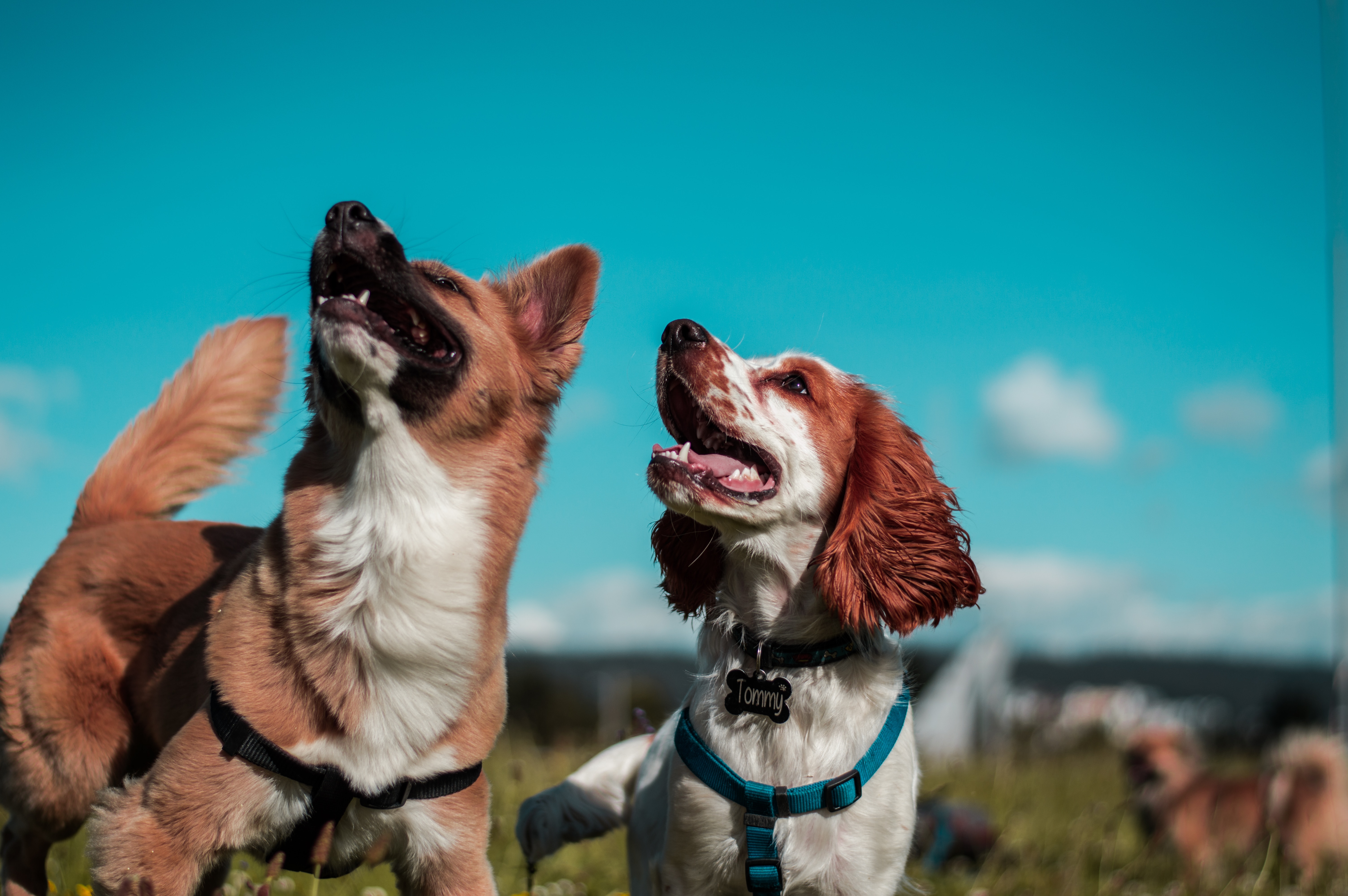Table of Contents
Consult a Professional | Adjust the Diet | Increase Exercise | Monitor Calories | Mental Stimulation | Consistency

Maintaining a healthy weight is crucial for your dog's overall well-being. If your furry friend is carrying excess weight, it's essential to address the issue promptly to prevent potential health complications. In this article, we will discuss effective strategies to help your dog shed those extra pounds and improve their quality of life. Keep on reading to learn more!
Consult Your Veterinarian
Before embarking on a weight loss journey for your dog, it is crucial to consult your veterinarian. They will evaluate your dog's current health condition, assess their weight, and provide guidance tailored to their specific needs. Your vet can determine the ideal weight for your dog, recommend a suitable diet, and rule out any underlying health issues that may contribute to weight gain.
When visiting the veterinarian, they may also perform a thorough physical examination to assess your dog's overall health. This examination may include checking their heart, lungs, and joints to identify any potential problems that could affect their ability to engage in physical activities.
Adjust the Diet
Proper nutrition plays a pivotal role in weight loss. Your vet may recommend switching to a specialized weight management dog food that is lower in calories and fat. These diets are designed to provide balanced nutrition while promoting weight loss. Moreover, have in mind you can always get one of those veterinary scales to measure the weight of your dog. That way, you’ll be able to follow the whole process more precisely.
To ensure portion control, avoid free-feeding and establish a feeding schedule with measured portions based on your vet's recommendations. It is essential to weigh or measure your dog's food accurately to avoid overfeeding. Additionally, avoid feeding your dog table scraps and high-calorie treats, as these can quickly contribute to weight gain. Instead, opt for low-calorie treats or use small pieces of their regular kibble as rewards during training sessions.
Increase Exercise and Physical Activity
Regular exercise is vital for weight loss and overall health. Gradually increase your dog's physical activity based on their fitness level and any underlying health conditions. Begin with short walks and gradually increase the duration and intensity as your dog becomes more comfortable.
Incorporate different forms of exercise, such as playing fetch or engaging in interactive games, to keep your dog mentally stimulated and physically active. Swimming can also be a great low-impact exercise option for dogs with joint issues. Be mindful of your dog's limitations and avoid overexertion, especially in extreme weather conditions.
Monitor Caloric Intake and Progress
Keeping track of your dog's caloric intake is essential during their weight loss journey. Measure the appropriate amount of food and avoid free-feeding. Keep a food diary to record what and how much your dog eats each day. This information can help you identify any patterns or areas where adjustments may be needed.
Regularly monitor your dog's weight and body condition to track their progress accurately. You can do this by weighing them regularly or using body condition scoring methods recommended by your veterinarian. If your dog's weight loss is slower than expected or they are not losing weight at all, consult your vet for further adjustments to their diet and exercise routine.
Provide Mental Stimulation
Weight loss efforts can be challenging for dogs, and boredom may lead to excessive eating. To prevent this, provide your dog with mental stimulation through puzzle toys, treat-dispensing toys, or interactive games that encourage problem-solving. These activities can help redirect their focus and provide a sense of fulfillment, reducing the tendency to overeat.
Rotate the toys regularly to keep them engaging and exciting for your dog. Additionally, engage in regular training sessions that involve mental challenges and rewards. This not only stimulates their mind but also strengthens the bond between you and your dog.
Seek Support and Stay Consistent
Support from your family and friends can make a significant difference in your dog's weight loss journey. Engage them in the process and inform them about your dog's specific dietary and exercise needs. Encourage them to refrain from giving your dog high-calorie treats or indulging their begging behavior.
Staying consistent with the established routine is crucial. Follow the recommended feeding schedule, portion sizes, and exercise plan diligently. Avoid giving in to begging or sneaking treats, as it can undermine your dog's progress. Weight loss takes time, and it's important to stay committed and patient throughout the process.

Helping your dog lose excessive weight requires a holistic approach that includes a balanced diet, regular exercise, monitoring caloric intake, providing mental stimulation, seeking support, and staying consistent. By following these strategies and working closely with your veterinarian, you can effectively support your dog's weight loss journey.
Remember, gradual weight loss is healthier and more sustainable, leading to long-term benefits for your dog's overall well-being. With your dedication and the right approach, your dog can achieve a healthy weight and enjoy an active and fulfilling life.
